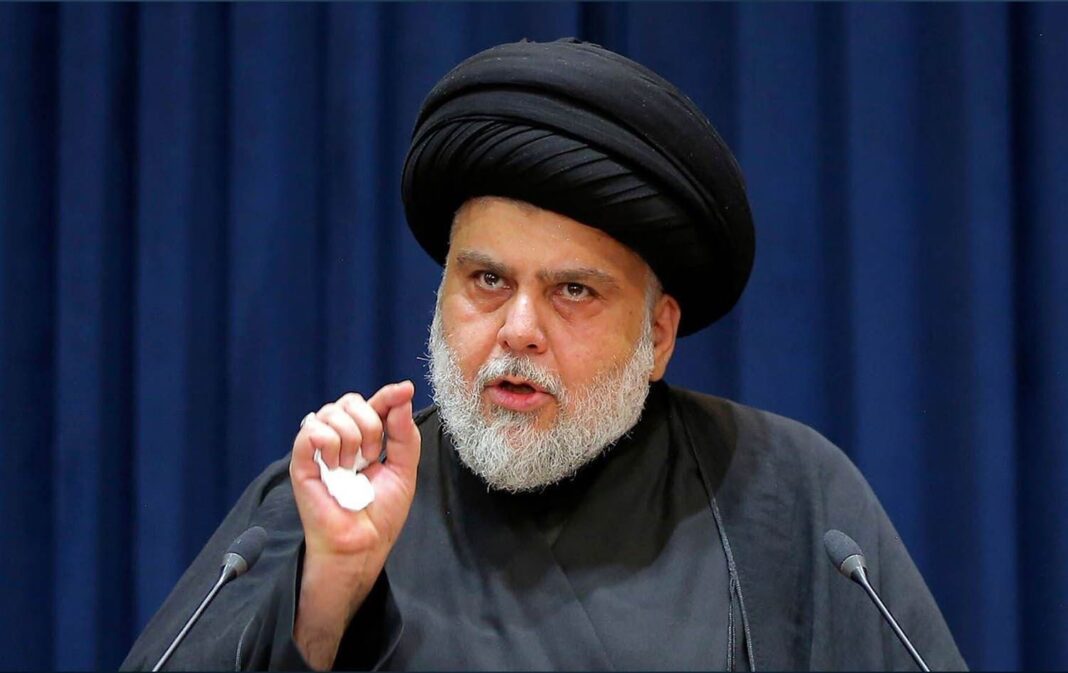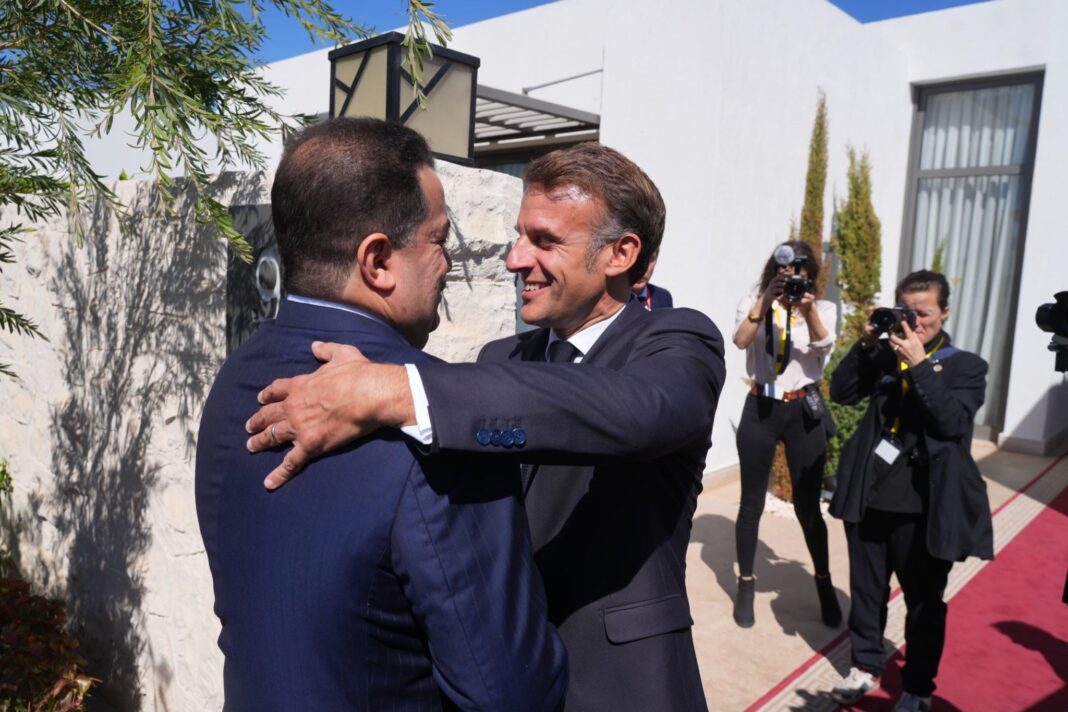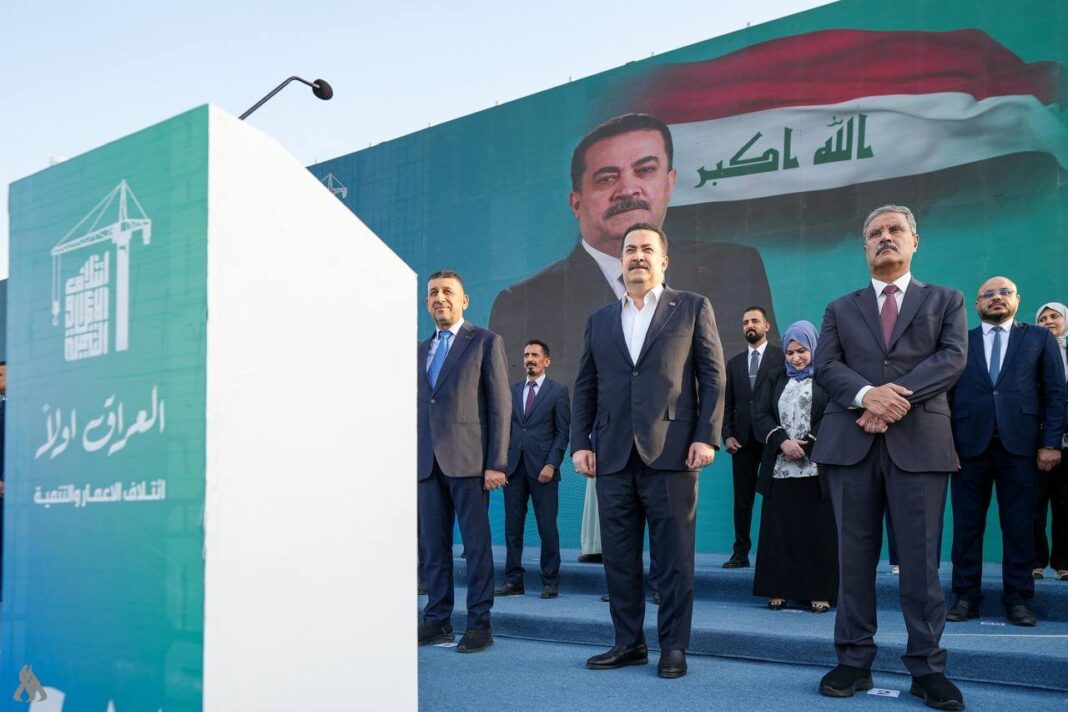Opposition to political corruption remains at the center of Muqtada Al-Sadr’s message as Iraq prepares for its next parliamentary elections. The Shiite cleric has condemned dozens of individuals linked to the Sadrist movement who plan to participate, calling their decision an act of betrayal.
Al-Sadr responded after receiving a letter listing 78 candidates. These individuals, according to the letter, are current or former Sadrist members. Despite the movement’s declared election boycott, they are running for office.
In a public statement, Al-Sadr criticized the group harshly. He said they are aligning with corrupt blocs focused on wealth and power. These actions, he warned, would weaken Iraq and damage the unity of its people.
Moreover, he accused the candidates of directly opposing his reform efforts. He described their candidacy as a deliberate act of “disobedience” to the Al-Sadr family and its political principles.
“You must cut ties with them,” Al-Sadr urged his followers. “They have chosen to rebel against our reform vision. They strengthen corruption, not the nation.”
Al-Sadr’s remarks reflect his longstanding opposition to political corruption in Iraq. He emphasized that these individuals are not endorsed by the Sadrist leadership. He insisted they run independently and without the movement’s support.
Al-Sadr also reminded followers of his decision in 2022 to withdraw from parliamentary politics. At that time, he ordered 73 Sadrist lawmakers to resign. Since then, he has upheld a complete boycott of formal political participation.
Moreover, this latest rejection signals Al-Sadr’s continued effort to distance his movement from Iraq’s dominant political alliances. In his warning, he stated that joining forces with corrupt groups threatens national security and deepens poverty among citizens.
Following that, Al-Sadr concluded his statement with a clear message to his loyal followers. He said, “Peace be upon those who follow the path of reform. Stay away from those who seek power at the nation’s expense.”
Through these final remarks, Al-Sadr once again reaffirmed his opposition to political corruption and his commitment to political integrity.
Ultimately, his position remains clear: participation without principle betrays the people and violates the movement’s core mission.
As Iraq heads into another election cycle, the impact of this internal rift within the Sadrist movement remains uncertain. However, Al-Sadr’s firm stance reinforces the idea that opposition to political corruption will continue to define his political identity.



